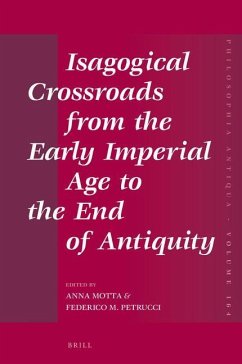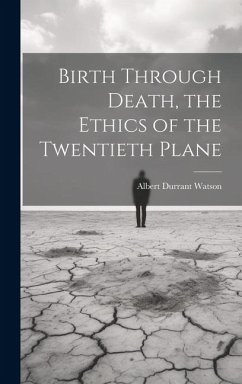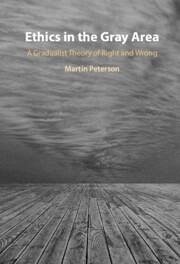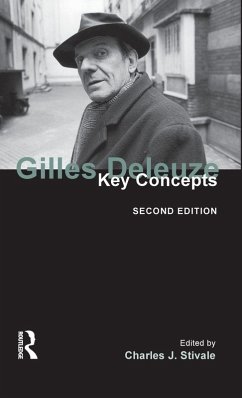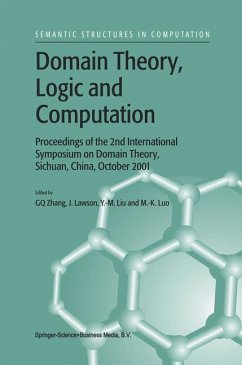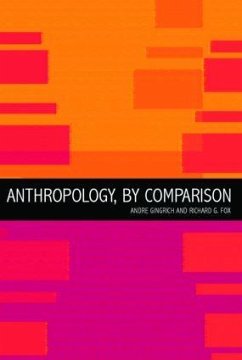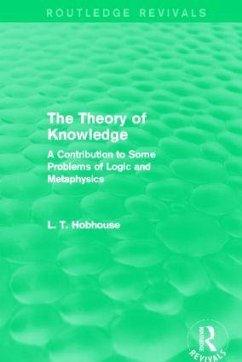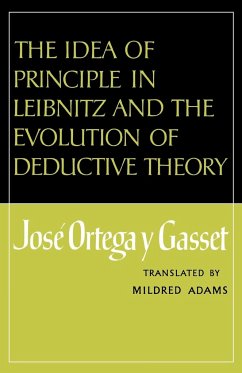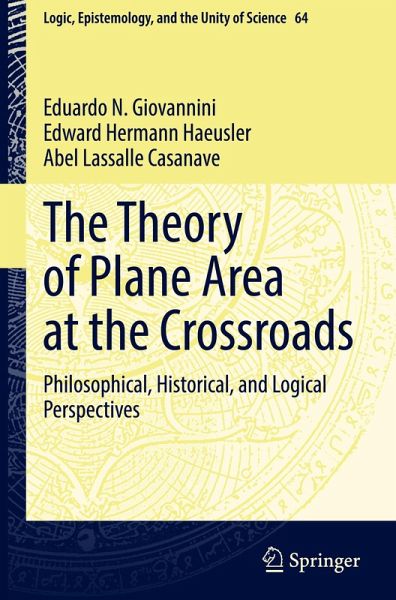
The Theory of Plane Area at the Crossroads
Philosophical, Historical, and Logical Perspectives

PAYBACK Punkte
46 °P sammeln!
This book explores a cluster of philosophical, historical, and logical problems concerning the foundations of the theory of plane area in elementary geometry. The motivation of this study is a notable geometrical proposition known as De Zolt's postulate, which asserts that a polygon cannot be equal in area to a proper polygonal part. The book is the first systematic investigation of the philosophical and foundational significance of this proposition, which can also be described as the "fundamental theorem" of the theory of plane area.This volume provides a comparative study of Euclid's develop...
This book explores a cluster of philosophical, historical, and logical problems concerning the foundations of the theory of plane area in elementary geometry. The motivation of this study is a notable geometrical proposition known as De Zolt's postulate, which asserts that a polygon cannot be equal in area to a proper polygonal part. The book is the first systematic investigation of the philosophical and foundational significance of this proposition, which can also be described as the "fundamental theorem" of the theory of plane area.
This volume provides a comparative study of Euclid's development of the theory of area in the Elements and its modern reinterpretation in Hilbert's classical monograph Foundations of Geometry. It connects the historical reflections on De Zolt's postulate with the nineteenth-century program of providing a purely geometrical foundation for Euclidean geometry, uncovering a rich array of intertwined conceptual problems. It also shifts the perspective and provides a logical analysis of this geometrical postulate within an original development of the abstract theory of magnitudes, called compatible magnitudes. Finally, it extends the previous formal treatment of De Zolt's postulate to the case of three-dimensional geometry by producing a type system for polyhedral geometrical mereology. The innovative combination of philosophical, historical, and logical perspectives results in a novel discussion of a fascinating problem at the crossroads of (late) nineteenth-century geometry. This volume will interest readers in the fields of history and philosophy of mathematics, logic, and formal philosophy.
This volume provides a comparative study of Euclid's development of the theory of area in the Elements and its modern reinterpretation in Hilbert's classical monograph Foundations of Geometry. It connects the historical reflections on De Zolt's postulate with the nineteenth-century program of providing a purely geometrical foundation for Euclidean geometry, uncovering a rich array of intertwined conceptual problems. It also shifts the perspective and provides a logical analysis of this geometrical postulate within an original development of the abstract theory of magnitudes, called compatible magnitudes. Finally, it extends the previous formal treatment of De Zolt's postulate to the case of three-dimensional geometry by producing a type system for polyhedral geometrical mereology. The innovative combination of philosophical, historical, and logical perspectives results in a novel discussion of a fascinating problem at the crossroads of (late) nineteenth-century geometry. This volume will interest readers in the fields of history and philosophy of mathematics, logic, and formal philosophy.





